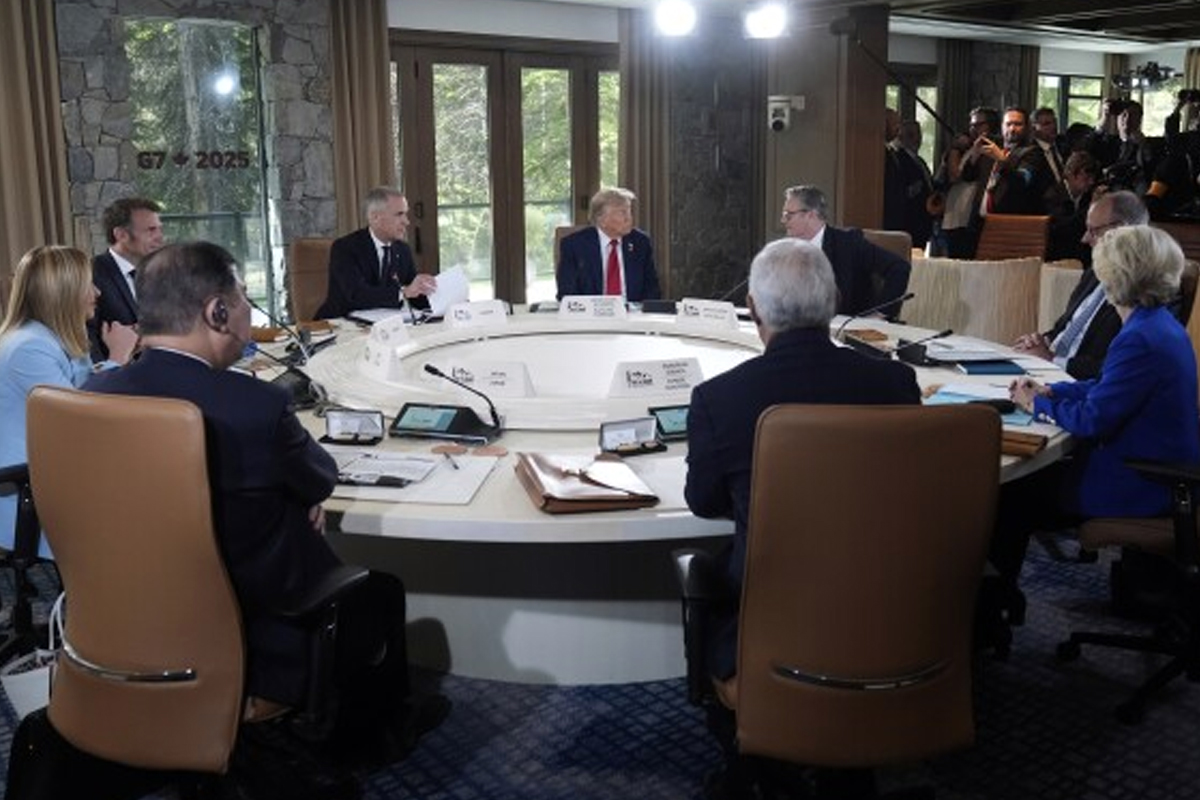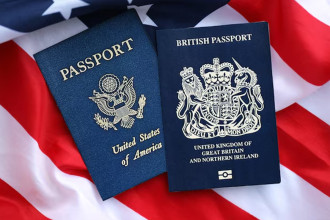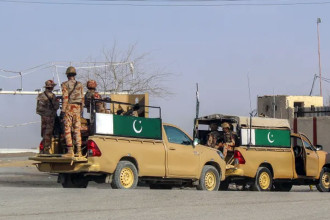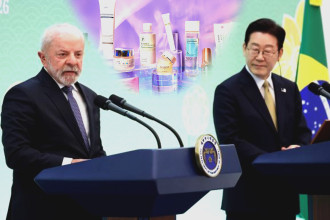
As the Group of Seven (G7) summit gets underway in the Canadian Rockies on Monday, world leaders are bracing for potential turbulence with U.S. President Donald Trump, whose return to the forum comes amid heightened global instability and renewed trade tensions.
Memories of the 2018 G7 summit, where Trump clashed with allies and rejected a joint communiqué while aboard Air Force One, still linger. This year, leaders are keen to avoid a repeat, even as Trump intensifies a protectionist trade agenda that has already imposed sweeping tariffs on dozens of countries.
“There’s a shared effort to keep the temperature down,” said one diplomat familiar with summit preparations, noting that no joint communiqué is expected — a signal of the widening divide between Trump’s administration and traditional G7 consensus-building.
Trump has levied 25% tariffs on steel, aluminium and automobiles, significantly affecting Japan, and 10% duties on imports from most nations — tariffs he could raise again in July. Canada and Mexico face separate tariffs linked to anti-fentanyl efforts, despite existing protections under the USMCA trade agreement.
In addition to trade, G7 leaders face a growing list of crises: the wars in Ukraine and Gaza, escalating tensions between Israel and Iran, the climate emergency, migration, AI governance, and China’s dominance in global manufacturing and supply chains.
The U.S. president is scheduled to hold bilateral meetings with Canadian Prime Minister Mark Carney, Mexican President Claudia Sheinbaum, and Ukrainian President Volodymyr Zelenskyy.
Observers say Trump’s message is likely to centre on pressuring allies to align against China, while maintaining tariffs that have alienated many of them.
“Trump wants a united front on China’s economic coercion,” said Josh Lipsky of the Atlantic Council. “But that’s hard to achieve while he’s taxing his own allies.”
In past G7 summits, efforts have focused on shared standards and multilateralism. But Trump’s preference for transactional deals and economic leverage has led to uncertainty over the forum’s unity — and even its future relevance.
As German, British, Japanese and Italian leaders signal cautious optimism for smooth relations with Trump, many quietly acknowledge the challenge: cooperation without consensus.
By RSS/APNews






